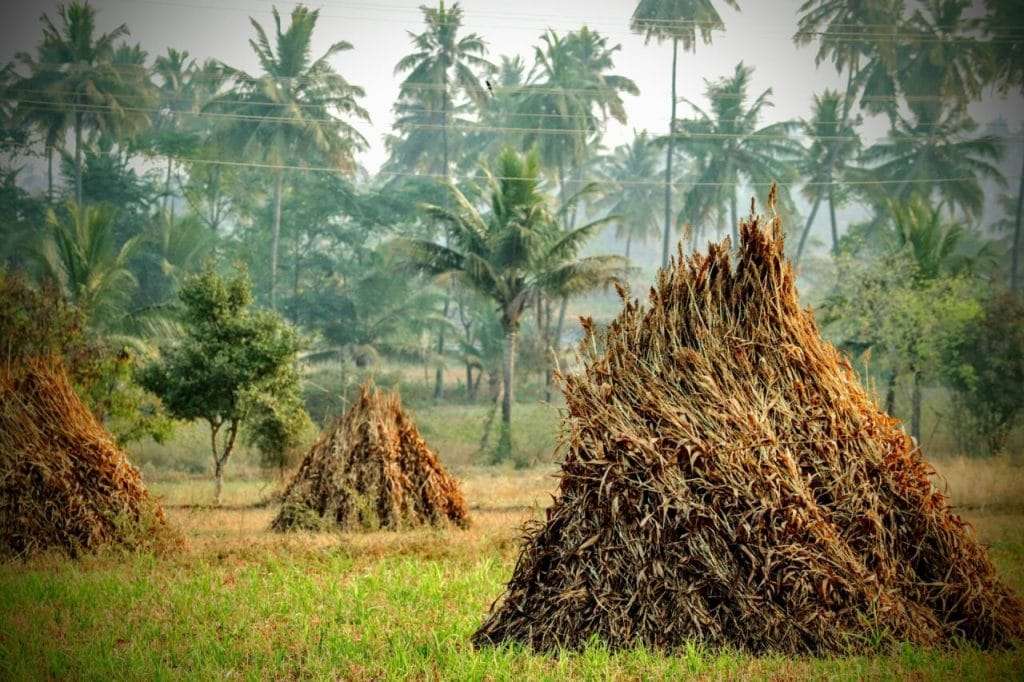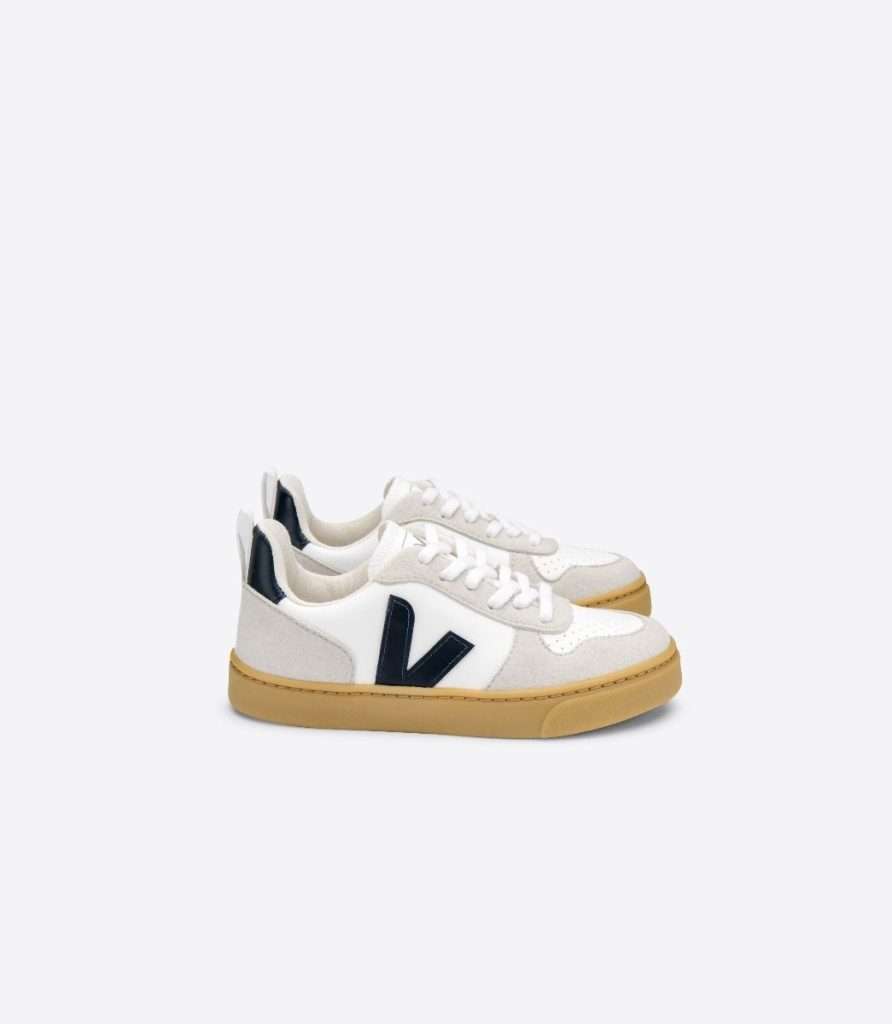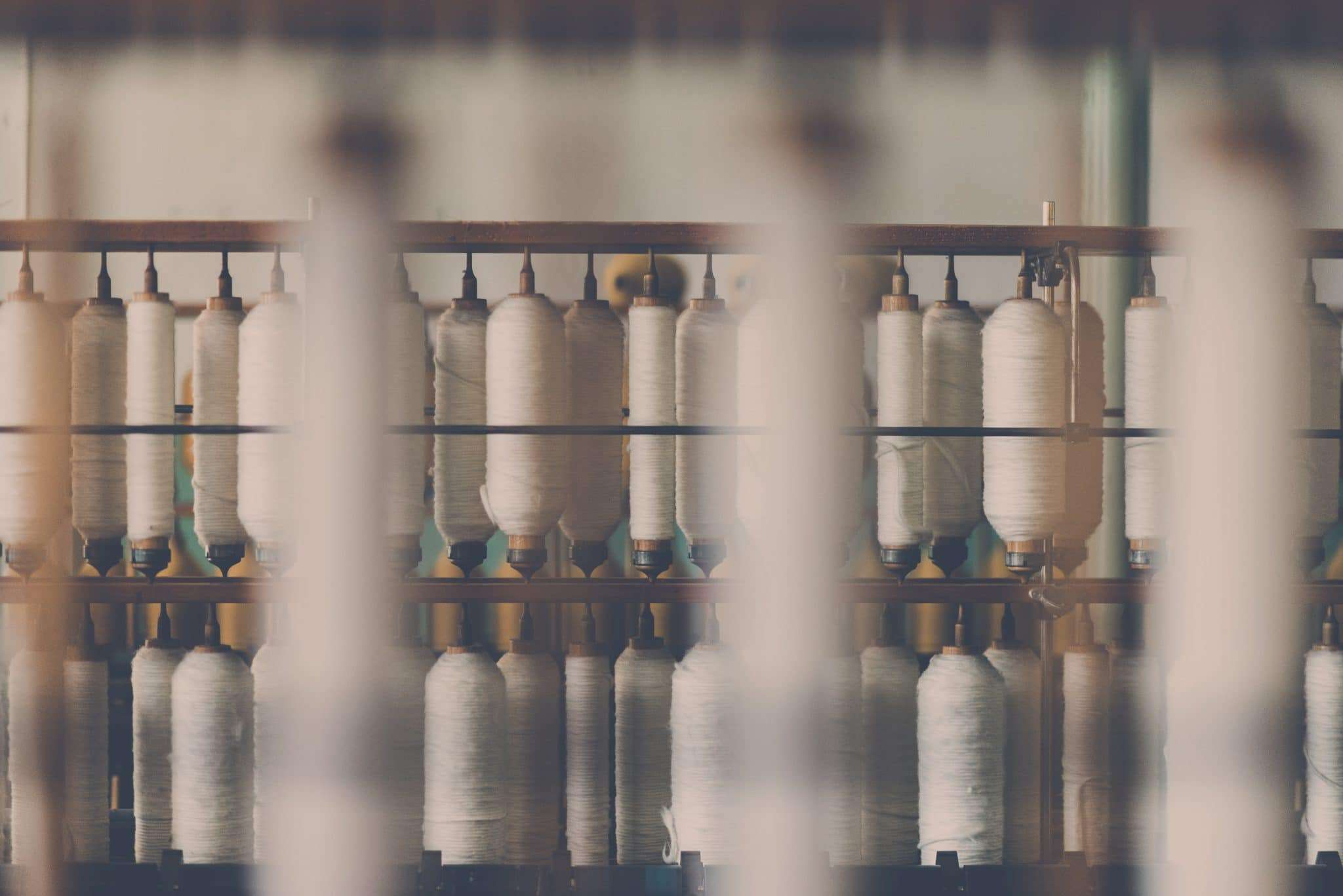A new project spearheaded by the Amsterdam-based fashion innovation platform Fashion for Good aims to turn waste into viable new fibers and replace problematic virgin fibers.
Fashion for Good’s aptly named Untapped Agricultural Waste Project has received funding from key industry players including Adidas, Bestseller, Vivobarefoot, Birla Cellulose, and the Laudes Foundation to explore a range of new materials that could help move the industry toward more circularity and net-zero targets.
Over the course of 18 months, the Untapped project will look into waste from rice husks, hemp, wheat straw, banana, and pineapple to assess the long-term potential for fiber production.
Untapped Agricultural Waste Project
“This ambitious project explores a new source of feedstocks for the fashion industry that, if scaled, will help drive both the agriculture and textile industry towards net-zero,” Katrin Ley, Managing Director, Fashion for Good, said in a statement.
The announcement comes just a month after Fashion for Good launched a consortium backed by Kering and Adidas, among others, aimed at reducing water use in textile production.
The new fiber program cites the highly unsustainable disposal of agricultural waste, particularly in South and Southeast Asia, where much of it is burned. The platform says up to 92 million tons of agricultural waste is burned in India every year.
Extraction and processing of virgin, conventional fibers such as cotton and polyester account for up to 39 percent of greenhouse gas emissions in the textile supply chain, the group explained in its recent report Unlocking the Trillion-Dollar Fashion Decarbonisation Opportunity. An exposé published earlier this month on India’s cotton industry found a highly exploitative and fraudulent reporting system for the nation’s booming “certified” organic textiles market segment.

Fashion for Good’s new program will see innovations from six fiber industry innovators: AltMat, Bananatex, Chlorohemp, Agraloop by Circular Systems, HempTex India, and 9Fiber. They will all be working to develop a variety of different fibers and blends using the highest percentage of agricultural waste possible.
“Use of unutilized agricultural waste-based fibres in apparel applications is an excellent initiative that can alleviate the pressure on virgin resources and help reduce GHG emissions in the fashion industry supply chain,” said Mr. Kalyan Ram, Chief Operating Officer, at Birla Cellulose. “This repurposing
Agricultural waste is aligned with Birla Cellulose’s goals of growing the next generation circular fibres to 100,000 tonnes per year by 2024.”
Birla works closely with the team of innovators to develop materials with mainstream applications and scalable potential.
Adin Alai, CEO, 9Fiber, says that as an innovator focused on the U.S. market, Untapped project has helped the company to communicate the value proposition of using available agri-waste resources for multiple applications.
“Through working with the brand partners and Fashion for Good’s industrial partners, we hope to learn the specifics of how our engineered material could be used in textile, footwear and apparel applications,” Alai said.
Agricultural waste
The Untapped project is not the first to look at agricultural waste. Piñatex’s pineapple leather comes from pineapple leaves—a byproduct of the pineapple industry. Market leader Dole announced last year that it was entering the downstream market by routing its waste to producers like Piñatex.
Veja’s Campo shoes are crafted from at least 50 percent corn waste. Sugarcane is another common agricultural waste product used in shoes.

Outside of fashion, Scottish single-malt whisky brand The Macallan, launched its first post-consumer whisky box last year. It’s made with cacao husks—a byproduct of the chocolate industry.
The food industry has been upcycling “ugly” fruits and vegetables for years. Most recently, Grounded Foods began making vegan cheese from imperfect cauliflower.
“We see great potential for these various agriculture waste streams that would otherwise have few secondary uses,” Ley said. “By applying innovative technologies to develop natural fibres, we can diminish the pressure on existing natural fibres and shift away from unsustainable materials and sources.”


